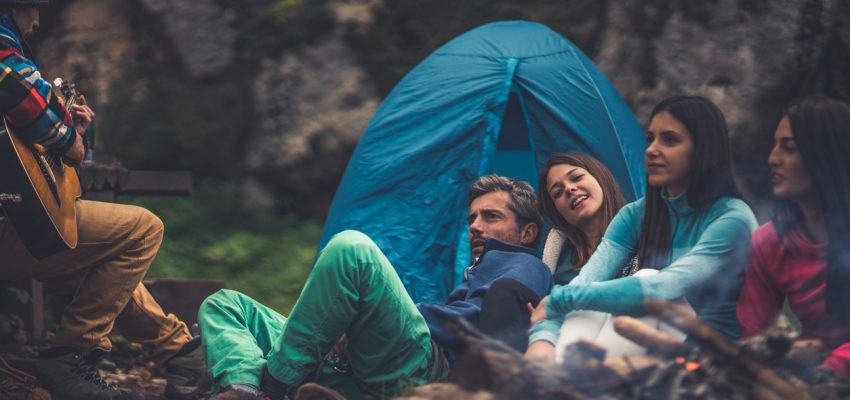Guest post by Ashley Woodward*
When it comes to spending time in the wilderness, it pays to be prepared. Herbal remedies are ideal for treating a wide variety of non-life-threatening injuries and inconveniences when you’re backcountry adventuring.
Why Do You Need an Herbal First Aid Kit?
If you aren’t familiar with the healing powers of plants, your first instinct after an injury is to reach for commercial medications. However, experiencing the power of your body’s immune system to protect you and reduce symptoms can quickly turn you into an herbal remedy convert, and you’ll want to have a portable supply to take with you when you’re camping or hiking.
Understanding the conditions that different herbal remedies can treat helps you know what to pack to ensure your trip isn’t compromised by injuries.
Benefits of Herbal First Aid Kits
“But what’s wrong with regular first aid kits?” you might be thinking. Great question!
In essence, it comes down to personal preferences. Because I am a vegan, I try to avoid using medications that are tested on animals, which makes the contents of many first aid kits off limits for me.
I also know what works for my body and have specific remedies I turn to for common ailments, like scrapes or headaches. Building my own herbal first aid kit gives me complete control over what I pack and allows me to feel prepared for anything (non-life threatening) that might happen.
Eight Remedies to Have in Your Herbal First Aid Kit
The best part about making your kit is that you can tailor it to your individual needs and choose ingredients that won’t harm the environment.
- Thyme Essential Oil: Few things can ruin a vacation as fast as a toothache, but a few drops of this oil in your water will bring instant relief.
- Calendula: As a tea, calendula root can boost your immune system, ease allergies, and soothe a sore throat. You can also use it to relieve sunburns and heal wounds.
- Aloe Vera: Great for soothing sunburns and other skin irritations. I like to snip some off my houseplant before heading out to ensure it’s as fresh as possible.
- Peppermint: Peppermint is a master at healing your digestive system and combating gas and nausea while on the trail. You can also use it externally for burns, bug bites, and muscle pain.
- Yarrow: Called nature’s Band-Aid for a reason, yarrow is a stellar herb to have on hand to stop minor wounds from bleeding.
- Comfrey: Comfrey has antimicrobial properties that prevent your cuts and scrapes from getting infected while on the trail.
- Lavender: The smell alone might leave you feeling better than before, but lavender also makes a soothing tea that can calm your nerves, ease sore muscles and heal a sore throat. Some people find that it repels mosquitos, too.
- Valerian Root: This potent plant can help you fall asleep, heal a lingering cough, and soothes swollen limbs.
- Citronella: Popular in outdoor candles, citronella makes for an effective insect repellant and can keep you from getting eaten alive in the woods.
I’ve found herbal remedies to be a fascinating way to treat health conditions that align with my priorities as a vegan. Making an herbal first aid kit is the best way I know to always be prepared, no matter where you are. Set one up for yourself, and I bet you’ll be surprised how often you use it.
*Ashley Woodward is a vegan blogger, but always searching for opportunities to write about eco-friendly, traveling or DIY ideas. You can read her writing at her blog VeganCookbook.com.




